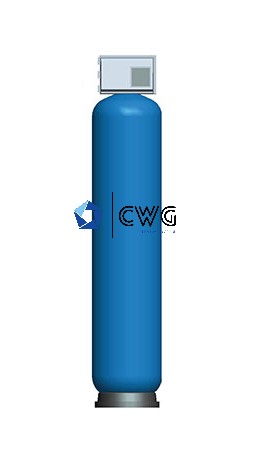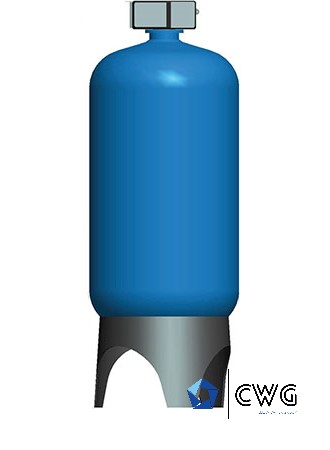AMMONIA
Ammonia (NH3) is present in water as a result of natural processes, industrial activities and human activities. Its presence in water can have negative effects on the environment and human health. Here’s how ammonia in water comes about, how it manifests itself and what problems it can cause:
How to get ammonia in water:
– Ammonia can occur in nature as a result of natural decomposition of organic matter.
Industrial and agricultural activities, including fertilization and the use of nitrogen fertilizers, can increase the concentration of ammonia in waters.
– Wastewater from industry, animal husbandry, agriculture and waste plants may contain high levels of ammonia.
– An uncontrolled waste dump and unsafe waste disposal can also lead to ammonia releaseinto water courses.
Manifestation and problems caused by ammonia:
– Ammonia in water can change the pH value of water, which can have adverse effects on the aquatic ecosystem and the organisms that inhabit that water.
– In the presence of ammonia, compounds such as nitrogen ammonia (NH4NO3) can be created that are used as fertilizers, but also as explosives.
– For aquatic organisms, especially fish, high concentrations of ammonia can be toxic and cause serious disruptions in their metabolism and life cycle.
– Ammonia in water can stimulate algae growth and the formation of planktonic blooms, which can lead to eutrophication and a decrease in oxygen levels in the water.
Prevention and resolution of ammonia problems:
– Strict regulatory standards for wastewater discharge and controls on industrial and agricultural activities can help reduce the concentration of ammonia in waters.
– The use of biological treatments, such as aerobic and anaerobic treatment, can help break down ammonia into less harmful substances.
– The use of water purification technologies, such as activated carbon and membrane filtration, can effectively remove ammonia from water.
– Increasing awareness of the importance of proper waste management and environmental protection can reduce ammonia sources in water.
Controlling the concentration of ammonia in waters is essential to preserving a healthy aquatic ecosystem and ensuring safe water for drinking and other purposes.






High concentrations of ammonia in water can cause serious problems on the health of people who come into contact with such water. Here are some potential health problems and health effects caused by ammonia in water:
- Irritation of the skin and eyes:
Direct contact with water containing high concentrations of ammonia can cause irritation of the skin, eyes and mucous membranes. People who come into contact with such water may experience itching, redness, burning or discomfort.
- Respiratory problems:
Ammonia in water vapor can cause respiratory irritation and cause symptoms such as cough, shortness of breath and irritation of the nose and throat.
- Toxic effects:
Inhaling high concentrations of ammonia in the air, which is released from the water, can cause serious toxic effects on the respiratory organs and lungs. This can lead to serious health problems, especially for people with sensitive respiratory systems.
- Disorder of the gastrointestinal system:
In the event that water with high concentrations of ammonia is ingested orally (by drinking), this can cause indigestion, vomiting and diarrhea.
- Sensitive groups:
Children, the elderly and people with previous health conditions may be particularly vulnerable to the harmful effects of ammonia in water. Their immune system may be more vulnerable to irritation and toxic substances.
Therefore, it is extremely important to control the concentration of ammonia in waters, especially in drinking water and recreational water sources.
Proper water treatment and monitoring of water quality is essential to ensure safe water for all purposes, reduce potential health risks and preserve environmental well-being.
